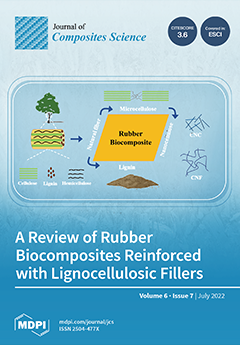Self-sensing cementitious composites are a combination of conventional materials used in the construction industry along with any type of electrically conductive filler material. Research has already been carried out with various types of conductive fillers incorporated into cement mortars to develop a self-sensing material. Carbon fibres have been used as conductive fillers in the past, which is uneconomical. In order to overcome this drawback, brass fibres have been introduced. This study concentrates on the behaviour of self-sensing mortar under two different curing conditions, including air and water curing. The main aim of this paper is to determine the self-sensing ability of various types of smart mortars. For this purpose, an experimental study was carried out, with the addition of various brass fibres of 0.10%, 0.15%, 0.20%, 0.25%, and 0.30% by volume, to determine the electrical properties of cementitious mortar. In addition, different combinations of brass and carbon fibres were considered, such as 95% brass fibre with 5% carbon fibre, 90% brass fibre with 10% carbon fibre, and 85% brass fibre with 15% carbon fibre by volume, to determine the piezoresistive behaviour. A fractional change in electrical resistance was determined for all the mortar cubes. A fractional change in electrical resistance (f
cr) is defined as the change in its electrical resistance with respect to its initial resistance (ΔR/R). Additionally, the temperature effects on self-sensing mortar under compressive loading were observed for various temperatures from room temperature to 800 °C (at room temperature, 200 °C, 400 °C, 600 °C, and 800 °C). It was observed that the addition of brass fibre to the cement mortar as an electrically conductive filler improved the self-sensing ability of the mortar. After 28 days of water curing, when compared to conventional mortar, the percentage increase in change in electrical resistance (f
cr) was observed to be 26.00%, 26.87%, 27.87%, 38.55%, and 35.00% for 0.10%, 0.15%, 0.20%, 0.25%, and 0.30% addition of brass fibres, respectively. When the smart mortar was exposed to elevated temperatures, the compressive strength of the mortar was reduced. Additionally, the fractional change in electrical resistance values was also reduced with the increase in temperature. In addition to this, the self-sensing ability of smart mortars showed improved performance in water curing rather than in air-cured mortars. Compressive strengths, stress, strain, and change in electrical resistance (f
cr) values were determined in this study. Finally, microstructural analysis was also performed to determine the surface topography and chemical composition of the mortar with different fibre combinations.
Full article





